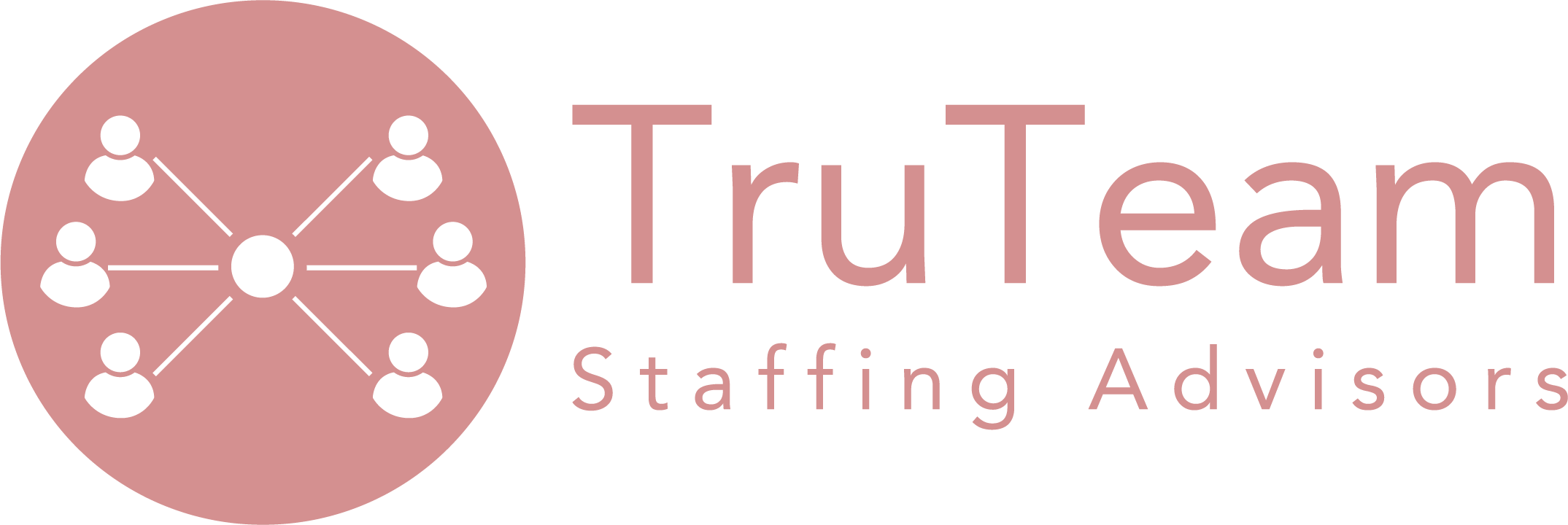How to Answer Those Not-So-Fun Interview Questions
(Originally published on LinkedIn)
Yes, every interview is a bit different. One manager might drill you on your technical skills, while the other might spend 20 minutes getting to know your weekend hobbies. But there are a few common categories and types of questions we can all expect to be asked (and probably already have). Here are a few examples of some behavioral-based questions and how to tackle them.
"Why this role?"
You can almost guarantee the hiring manager is going to ask you why you are interested in this position and this organization. This is a great opportunity for you showcase why you are right for the position. Speak to your technical strengths and how they would set you up for success in THIS role. Ask yourself before the interview, “why do I want to work here?”Being genuine about what you are looking for in an organization is important. Talk about how your values seem to align well with theirs and how you would fit into the culture.
"What are your goals?"
A hiring manager will sometimes ask you about yourself, about your career goals and things you are looking for in a position. Each person’s answer will be different and that is the beauty of it! The best tip for handling these types of questions is always keeping your answers relevant to the position. You will want anything you talk about in an interview to add value to you as a candidate for this role. Your goals should align with this position or why are you even applying for it?
"Tell me about a tough time when...."
It’s no secret that interviewers want to see what you're made of, and sometimes even try to trip you up! Odds are they are going to ask you about a difficult situation you were in professionally and how you handled it. They key to answering these questions is by being honest, but always ending with a solution. Don’t spend too much time talking about the negative and never speak poorly of past coworkers!
I always like to think like this: If I was hiring someone for this role, what attributes would I be looking for in a candidate? How would I want someone on my team to handle an issue? Someone with a solution-oriented mindset will land on every hiring managers list of qualities they are looking for. Take at look the below example
Q: “Tell me about a difficult time you have had with an end user and how did you handle that?”
A: “I was brought on as a consultant for a brand-new implementation. This health system has been on their legacy EMR for years and years and there was definitely a feeling of uncertainty with the end-users. They liked the old system and were comfortable with their processes. It worked for them and they weren’t ready for a change! Believe me, I get that! I took the time to learn what it was they liked about their current EMR, but also what they didn't like. I was then able to explain that while there will be a learning curve, this system was actually going to make their lives much easier. Then I showed them how. Slowly but surely they came around!"
Remember these three things:
Use every question asked as an opportunity for you to speak to your strengths as a candidate
Stay positive
Be honest

